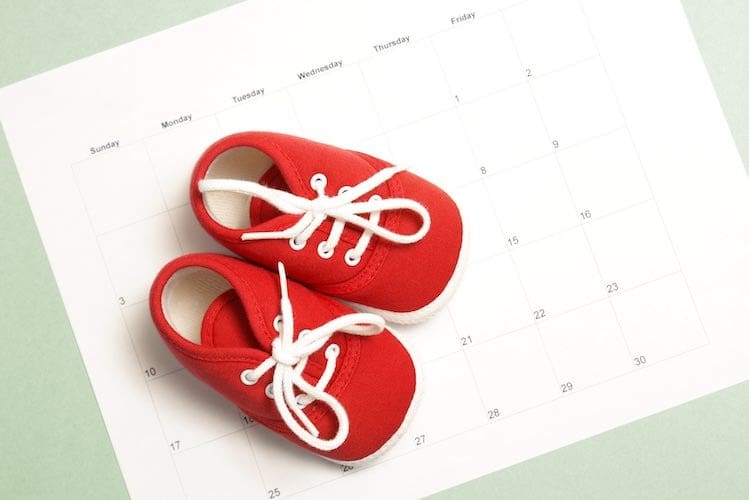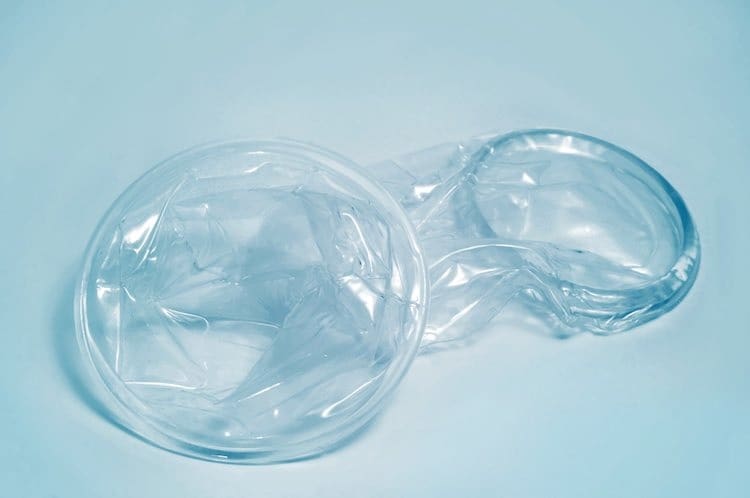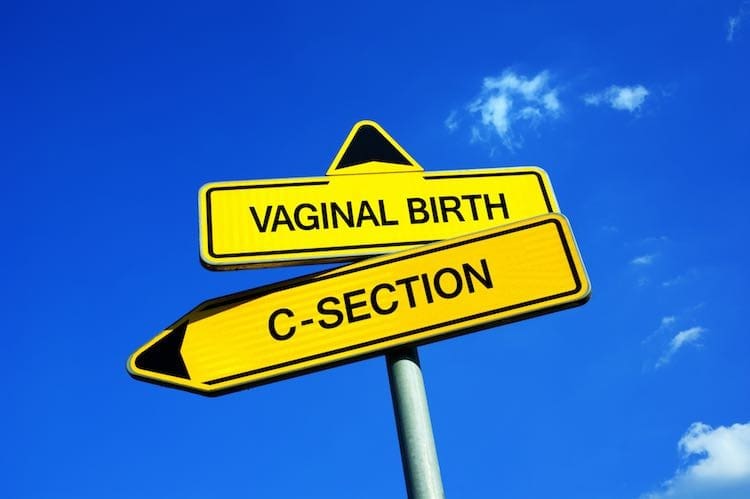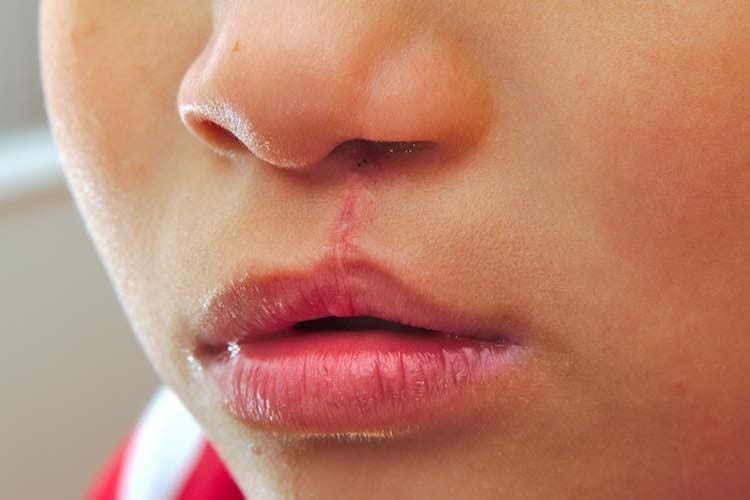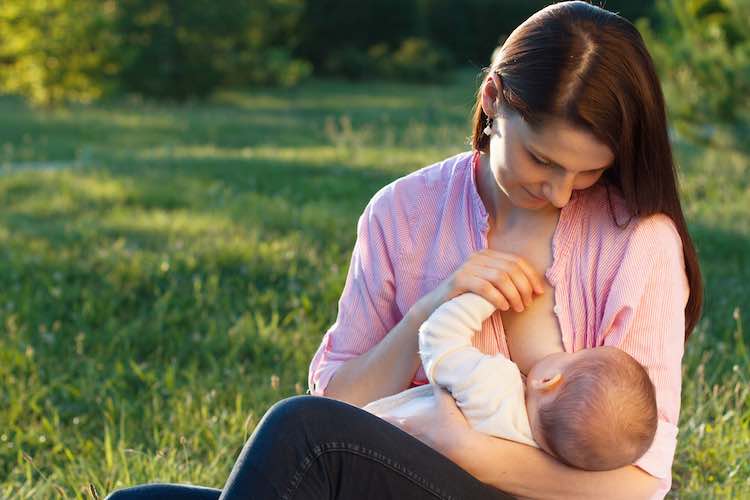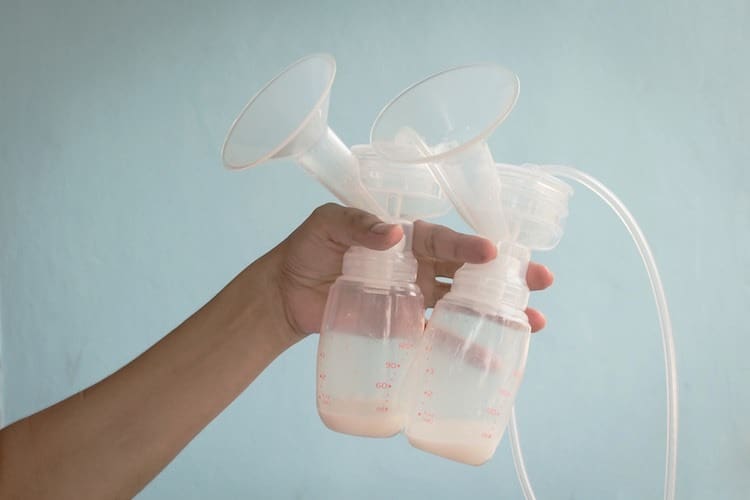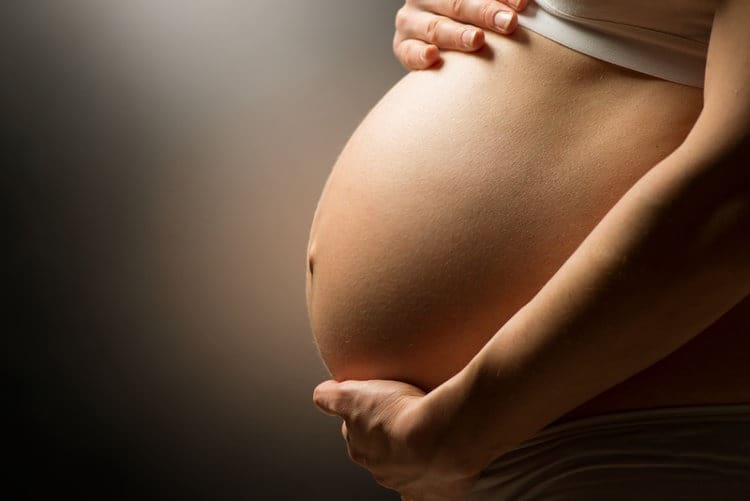Just found out you're pregnant? Find out how to calculate when your baby is due.
child
Contraception: female condom
The female condom is a barrier method of contraception. Find out about its effectiveness, advantages and disadvantages, and hot to use it.
Video: Antacids a risk for child allergies
Acid reflux is common in babies and it’s sometimes treated with acid reducing drugs, but is treating your baby with an acid-reflux medicine causing more harm than good? Dr Caroline West investigates.
Caesarean section births may lead to poorer health outcomes
Women have C-sections for many reasons, but babies born vaginally appear to be better off.
Pregnancy: holidays and travel
There are precautions you can take to avoid problems if you are pregnant and travelling, even by air.
Cleft lip and palate
Cleft lip and cleft palate are birth defects of the upper lip and palate (roof of the mouth). The cleft (opening) may be present on one or both sides.
Dental conditions during pregnancy
Pregnancy can trigger oral health problems such as gingivitis, pregnancy epulis (pregnancy granuloma) and tooth decay.
Breast feeding your baby
Breast milk has long been known as the ideal food for babies and infants. Major health organisations recommend that women breast feed their babies exclusively until they are 6 months old, and continue breast feeding, along with solids, until they are 12 months old or more. Breast milk has many benefits.
Breast milk expressing
There are a number of reasons why a breast feeding mother might wish to express milk rather than feeding the baby directly from the breast.
Group B streptococcus and pregnancy
Group B streptococcus (group B strep) is a common bacterium that is found in the body. It is usually harmless in adults. Sometimes, however, a woman who has group B strep can infect her baby during delivery.

